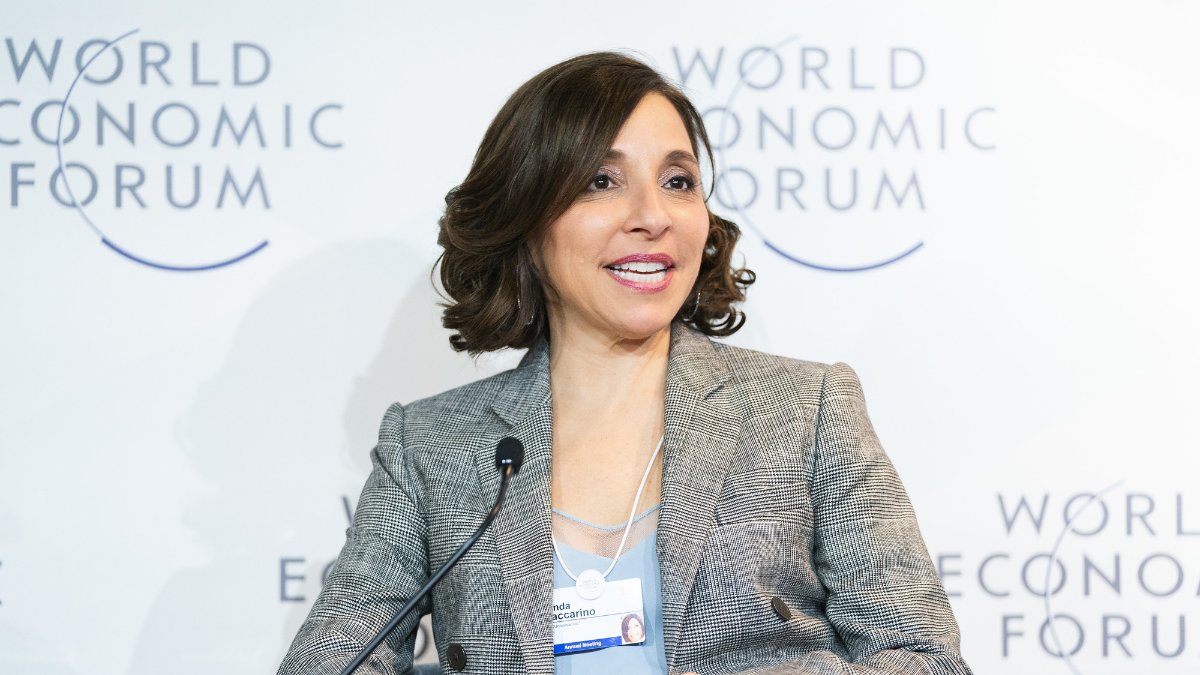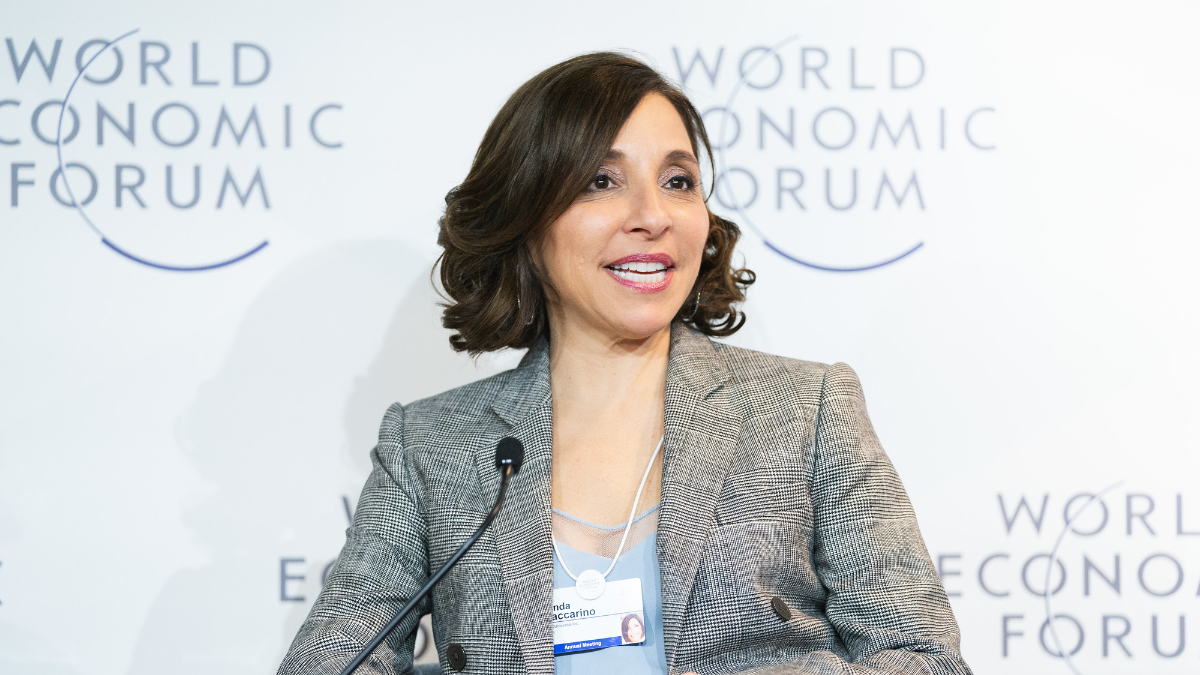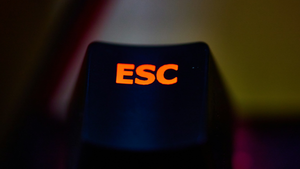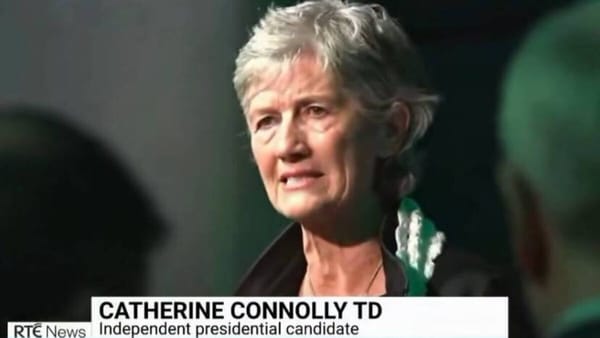
Ever since Elon Musk announced Linda Yaccarino was stepping into the role of Twitter CEO in May, a lot of people have been wondering why she took the job and what she actually does when Musk still holds so much sway over the company. That was only renewed earlier this month when Musk insulted her authority once again by tweeting that CEO is a “fake title.”
She’s been dogged by claims she’s little more than a figurehead while Musk holds the real power as executive chairman and chief technology officer. He consistently tweets out major decisions, like the recent hasty (and sloppy) rebranding of Twitter as X, only for her to send delayed tweets praising his shambolic leadership.
Whatever you might think of Yaccarino, I don’t think anyone would call the woman incompetent. Before joining Twitter, she worked her way up at NBCUniversal over her nearly 12 years at the company, eventually becoming its chairman of global advertising and partnerships. In that role, she was responsible for about $13 billion in annual ad sales and a team for about 2000 people, ensuring its shows had lucrative ads to boost corporate revenue.
When Musk started hinting he’d found a new CEO, she was about to do NBCUniversal’s big annual ad sales pitch that television companies put on for advertisers to secure deals on the next year’s ad inventory. But since her new boss made the announcement on a whim, that all went out the window and she was pulled from the presentation at the 11th hour, later announcing she was joining Twitter.
In search of a CEO position
So why did she take the role of CEO? Some might say it’s due to ideological alignment: Musk has been more open about his extreme right politics, and Yaccarino herself was an appointee under President Donald Trump and follows and likes the posts of a ton of far-right accounts. But the right also has its problems with her because she chairs a World Economic Forum committee and worked with the Biden administration on ad campaigns to promote the Covid-19 vaccine.
There was also the possibility it was for some combination of prestige or money. By joining Twitter, she’d be close to Musk and would get a sizeable salary. But remember, she previously held a high-ranking position at a major media conglomerate that’s much larger than Twitter, and that gave her power and a rumored income in the low millions. Sure, she might get a small boost and be able to get into some new circles by taking a role at an ailing social media company that pivots on the whims of a mercurial billionaire, but that could hardly be considered a defining factor. I’d go so far as to say that CEO of Twitter/X could be seen as a step down from where she was before, at least in the short term, which is important to keep in mind.
The real reason Yaccarino joined Twitter is a little more complex. She had ascended the ranks at NBCUniversal, but she didn’t feel she was done. According to sources who spoke to Semafor, Yaccarino wanted to be considered for an even bigger promotion, which is reasonable given how well she was performing in her role. Weeks before her departure from NBCUniversal, CEO Jeff Shell was forced to step down, opening the door for her to move up. But company management reportedly didn’t treat her as a serious candidate, and seeing little prospect of future upward mobility may have been her reason to take other offers more seriously.
By becoming CEO of Twitter, Yaccarino moves up in the corporate hierarchy. There’s always the slim chance that Twitter will become the superapp of Musk’s dreams, but it’s more likely that it’s a stepping stone to something bigger. Now that she is a CEO, she can remain at that level and later move to a more influential company, but first she’ll have to prove herself — and that may be the biggest risk (and potentially miscalculation) Yaccarino made in taking the Twitter job.
The risk of working with Musk
Coming in, she clearly knew that Musk would be a thorn in her side. He’s a narcissist who thrives on attention, and has become increasingly erratic in the past few years. The deal was that she would handle the business side of things, while he’d be on the product side trying to make his “X” vision a reality. But he doesn’t seem to be giving his CEO the room she may have expected.
Elon Musk wants to relive his start-up days. He’s repeating the same mistakes.
Since Yaccarino has so much advertising experience, she was an ideal pick to revive the company’s flagging ad revenue, caused by Musk’s decision to flood the platform with right-wing hate speech (regardless of how much Musk and Yaccarino want to deny it’s there). That may be hindered by an agreement with NBCUniversal that she can’t work on ad deals that would conflict with her former employers’ interests. But even then she’s been trying to mend relationships with suppliers like Google Cloud that Musk stopped paying when he took over. There was a big mess to clean up before she could even begin trying to rebuild internal capacity.
Her success will depend on how well she’s able to turn the ship around, and Musk’s behavior continues to hinder her ability to do that. It’s possible she believed — and may have even been directly told — that Musk would take a step back once she became CEO, then he simply didn’t follow through. And she’d have some reason to believe him. If you look at SpaceX, Gwynne Shotwell runs the show as president and Musk largely leaves her to do her job as long as he gets the spotlight. Yaccarino was probably hoping for similar treatment, but clearly hasn’t received it.
The need to stop the decline
Yaccarino was in the spotlight again last week when she gave her first interview since becoming CEO to CNBC. It couldn’t have gone worse. She made sure to repeat her talking points about how well the company is doing and Musk’s tweets not being a hinderance to her ability to bring back advertisers, but she didn’t really seem in command of what she was saying and was constantly looking off screen as if she was reading off cue cards or a teleprompter.
Worst of all, she made frequent false statements, including a wholly fabricated version of how the company adheres to the principle of “freedom of speech, not freedom of reach.” She presented it as a novel idea, showing how little she grasps the social media environment, when it’s precisely the shadow banning that Musk criticized when he took over. She claimed people who posted content that’s against the law would be banned, despite Musk having just allowed a user who posted child abuse material back on the platform, and that those who posted content that is “lawful, but awful” would be labeled and deamplified, despite there being no evidence that’s happening.
Ultimately, what Yaccarino can do as CEO is narrowly constrained by the real boss, and that’s Elon Musk. She wanted to be a CEO and now she has the title, but she doesn’t have the authority that usually comes with it and may ultimately find that the risk she took by jumping ship from NBCUniversal was much bigger than she initially expected. Musk has been driving Twitter (or X) into the ground since he took over, and so far Yaccarino hasn’t been able to halt its decline. Her success depends on her ability to do that, but it also requires Musk’s permission — and he may not be willing to compromise his vision even if it’s doomed to failure like it was last time.










Member discussion